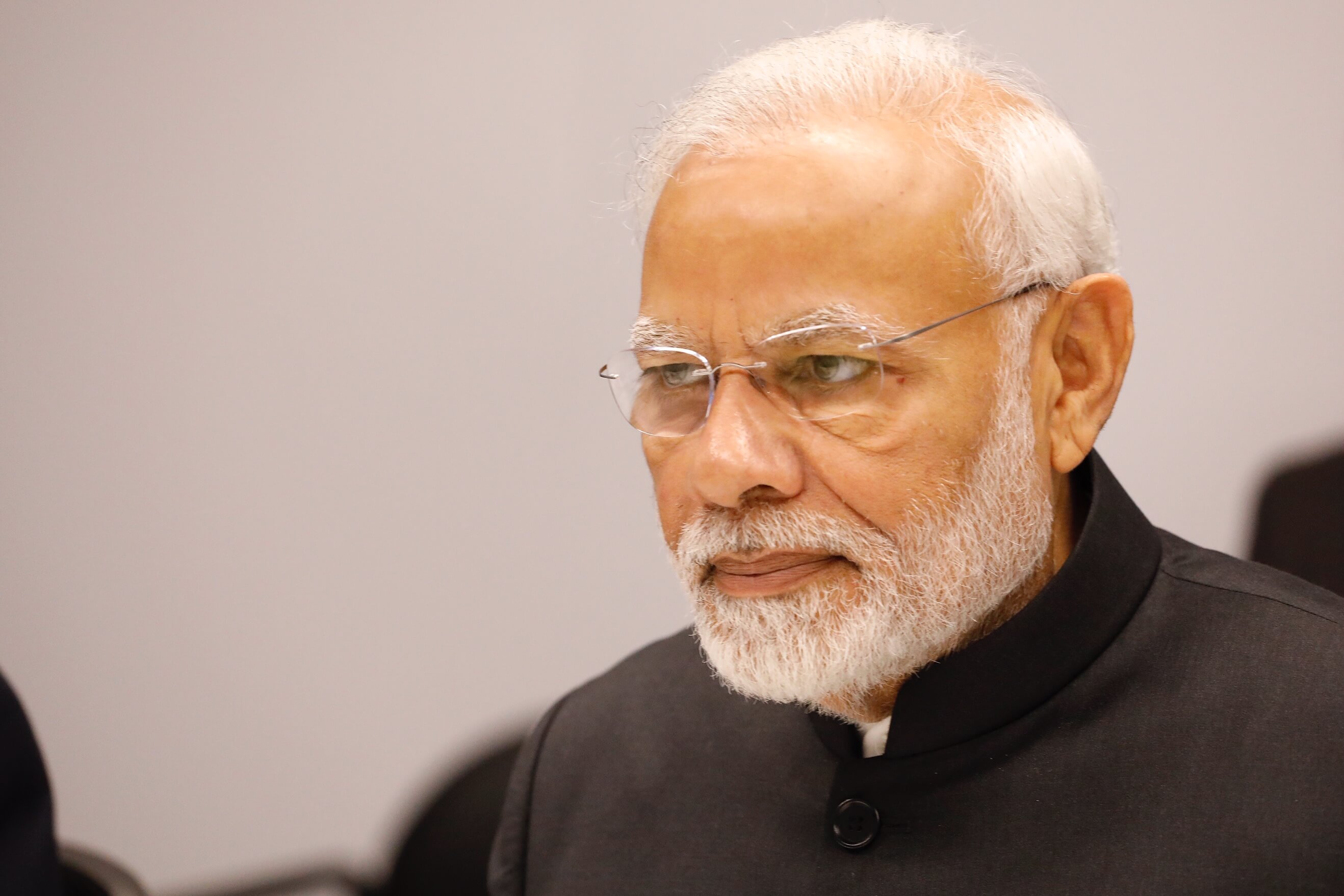The defence agreement between Pakistan and Saudi Arabia, signed on 17 September, has introduced many new elements into political and, more importantly, security relationships in the Middle East and Indo-Pacific.
At first glance, the party that should be most affected by this agreement is India. The pact between Riyadh and Islamabad appears to have undermined India's growing position in the regional and global framework.
Moreover, the firm commitment of the signatories that an attack on one of them will be treated as an attack on both (something like Article 5 of the NATO treaty) has further complicated the traditionally tense, sometimes hostile relations between India and Pakistan.
But as much as the pact between Pakistan and Saudi Arabia marks a new stage in the regional political and security framework, India need not necessarily be concerned about being harmed by this arrangement.
"It (Pact) does not hinder India in a direct way," Michael Kugelman, a foreign policy analyst, told the BBC.
Shashi Tharoor of the opposition Congress Party called for restraint in overreacting: "It is a formalisation of a long-standing arrangement. I don't think we should overreact right now."
His statement is also a softening of the Congress Party's original position that the agreement between Saudi Arabia and Pakistan "will have grave implications for India's national security."
The partnership with Saudi Arabia is not in question
India has several important parameters that ensure that this pact should not be seen as a clear security threat, let alone cause panic.
Firstly, the economic and political ties with Saudi Arabia are so strong and far-reaching that they rule out the idea of Riyadh engaging militarily against India in the future.
All this will increase Riyadh's ability to be an effective mediator between India and Pakistan - Abdullah Al Kahtani
India is the largest buyer of Saudi oil, and this import accounts for almost 20% of India's demand. The large Indian labour force in the kingdom cements this relationship as mutually beneficial, as does the long history of partnership with no outstanding issues.
Moreover, Saudi Arabia sees the pact with Pakistan as an opportunity to defuse tensions between India and Pakistan, possibly even with Saudi mediation.
"All this will increase Riyadh's ability to be an effective mediator between India and Pakistan," said Saudi defence analyst and retired Air Force Major General Abdullah Al Kahtani.
Long-term consequences
However, appeasing tones are certainly not enough for Indian diplomacy to accept the Saudi-Pakistani pact as a routine event.
One of the reasons for this is the nuclear component of this pact, i.e., Pakistan's willingness to bring Saudi Arabia under its nuclear umbrella, as recently announced by Pakistan's Defence Minister, Khawaja Mohammad Asif.
If the assessments are correct and Riyadh has turned to Pakistan as a nuclear partner due to uncertainty about long-promised US support in this regard, then India will rightly conclude that the security balance in its immediate neighbourhood has shifted.
New Delhi will have the difficult diplomatic task of strengthening its political and security relations with Israel as a counterweight to the Saudi-Pakistani pact
This will inevitably lead to an even greater rapprochement between India and Israel as a "natural" step towards a balanced security situation in the wider region, especially in the context of nuclear capabilities.
However, even before the Saudi-Pakistani pact, the Narendra Modi government's policy of support and strong partnership with Israel was becoming questionable as criticism of Israel's military operations in the region increased, especially from its Arab neighbours.
In this respect, New Delhi will have the difficult diplomatic task of strengthening its political and security relations with Israel as a counterweight to the Saudi-Pakistani pact, while, at the same time, ensuring that this rapprochement does not negatively impact its relations with its important Arab partners.
Should the confrontation between the Islamic and Arab partners with Israel continue and even escalate, India will be in the unenviable position of having to maintain the pace of its "Look West" strategy.
IMEC potentially the biggest victim
In the long term, one of the biggest "victims" of the shift brought about by the Saudi-Pakistani pact could be the India-Middle East-Europe Economic Corridor (IMEC), a strategic project from 2023 that is designed as a gigantic response by Western allies to China's Belt and Road Initiative.
 Narendra Modi’s government will undoubtedly seek a position that matches its regional and global ambitions as much as possible
Narendra Modi’s government will undoubtedly seek a position that matches its regional and global ambitions as much as possible
The project aims to create an economic, technological and developmental win-win situation for three globally important regions - India, the Middle East and the European Union - through the construction of transport and digital corridors, joint investments and environmental projects.
However, political obstacles, namely the Hamas terrorist attack on Israel and the Israeli intervention in Gaza just two months after its launch, have put the IMEC on hold, and with the pact between Saudi Arabia and Pakistan, its fate has become even more uncertain.
The calibration of India's position regarding the Saudi-Pakistani pact will depend to some extent on the US attitude towards the new circumstances. But Washington still has no clear answer to the security agreement reached in Riyadh last week.
Its passivity on many regional issues has largely led to significant changes in the political and security architecture, and one such change is certainly the Saudi-Pakistani pact.
In the new circumstances, Narendra Modi’s government will undoubtedly seek a position that matches its regional and global ambitions as much as possible. However, whether Indian policy moves in the direction desired by the West will depend on the US and its future moves regarding its regional allies.